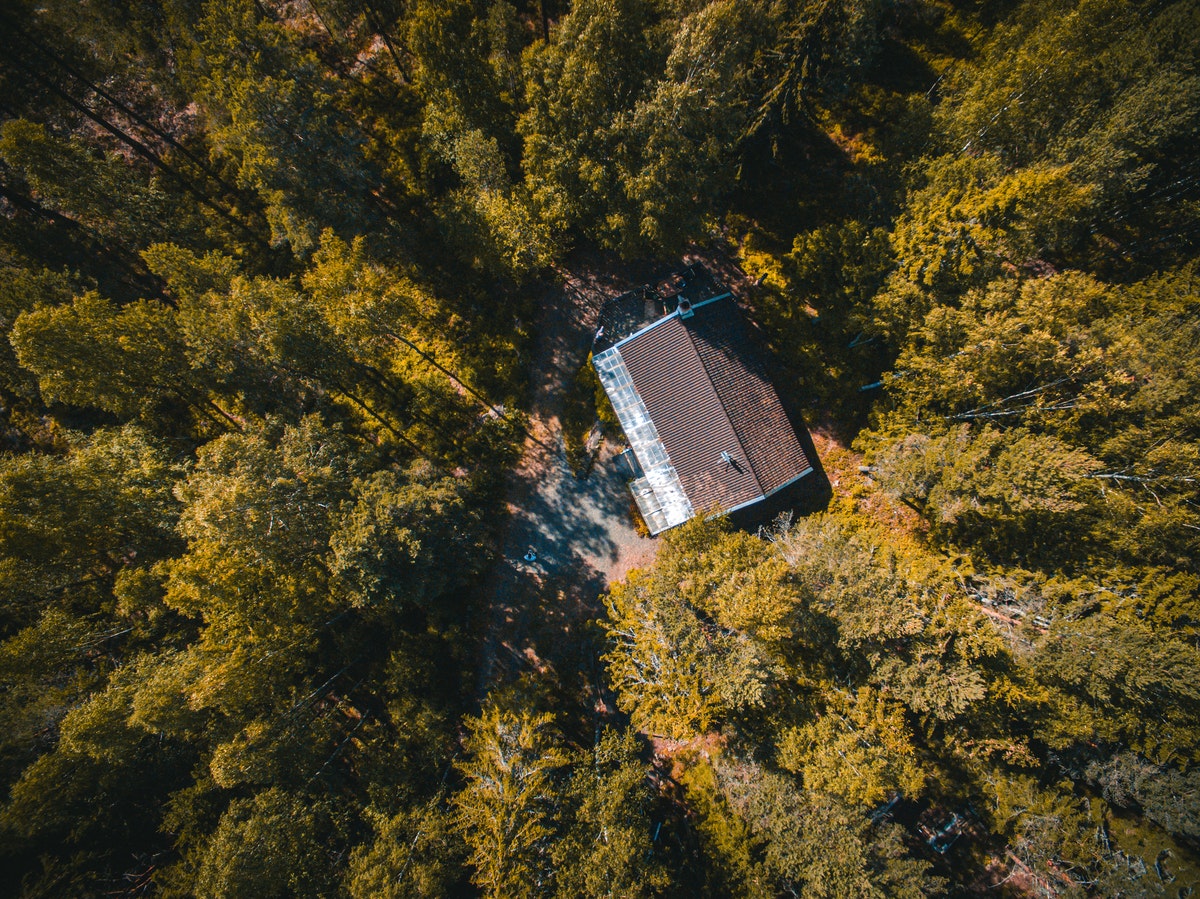Many things have changed since the pandemic started. And one of those changes is people’s home location preference.
Many people in the city have traded their lifestyle to a simpler one by moving to the countryside. In a survey by the Pew Research Center, 12% of respondents moved to the countryside during the pandemic. Due to the work-from-home arrangements in most companies, employees no longer need to live near their workplaces. People who have always wanted to live outside the city can now do so without their work hindering them.
This demand for real estate in the countryside is reflected in home prices. In July 2020, the median sale price of suburban real estate rose by 9.2% year over year. Meanwhile, rural real estate properties rose by 11.3%.
But why exactly are people moving en masse to the countryside?
Decreased Risk of Contracting COVID-19
Some studies found that population density plays a role in the spread of coronavirus. So city dwellers are moving to the countryside to escape dense cities and keep themselves safe. The countryside is typically more spacious to live in than the city. In many cases, there’s more distance between homes. Practicing physical distancing is also easier.
But staying in the countryside doesn’t mean everyone is completely safe. Outbreaks still did occur in suburban and rural areas, perhaps due to the increased vulnerability of the general population. Despite that, many city dwellers are still convinced to move to the countryside and live there long term.
Closer to Family
Apart from the perceived lower risk of staying in the countryside, one more reason people moved to the countryside is to be closer to family. While small gatherings are permitted, they are limited to people living in the same area or region. Thus, city folk can’t visit family and relatives in the countryside due to the increased probability of COVID-19 transmission.
Moving to the countryside can reduce this risk. For example, say you moved to the countryside and quarantined for two weeks. When you visit your relatives from the same local area, and they too have been quarantining or staying inside, virus transmission risk is much smaller.
Lower Living Cost
Though the price of homes in the countryside increased in 2020, real estate prices in the city are still more expensive. Some people choose to stay in the city despite steep home prices to be near their job and avoid the exhausting commute. This dilemma is resolved by the fact that most of the workforce are now allowed to work remotely.
With this opportunity, nonessential workers are migrating to the countryside where they can get better home deals than what they’re paying for in the city. For example, the national median price for a one-bedroom apartment in a city is $1,216. But if you look at the prices per city, the amount can rack up to $3,000 or more. In rural areas, this price tag can get you a much better deal. The cost of living is also more affordable in rural areas. The difference can be as much as 12.7%.
The downside of living in rural areas may be the accessibility to different services. This is also a factor why urban living is much more expensive: everything’s accessible. For instance, if someone needs fire damage restoration and reconstruction, they’ll easily find an agency servicing their area. But this drawback doesn’t seem to be a deal-breaker for a lot of people.
Better Health

Cities tend to be rife with pollution. And constant exposure to high levels of pollution can put people at risk of respiratory and heart diseases. This problem is not as pressing in the countryside. For instance, a 2020 study found that air quality becomes better as an area becomes more rural. This is a convincing reason for many people to move to the countryside, even during a pandemic.
Nearer to Nature
Several months’ worth of lockdown in a concrete jungle may have been tough for city dwellers. It increased their desire to go outdoors. For example, when hiking trails reopened a few months after lockdown started, hiking activities surged.
This is one of the motivations for living in the countryside. People become closer to nature. This proximity comes with several health benefits. The cleaner air can improve one’s mood. The scenery can also help with stress relief. And the closer someone is to nature, the more likely they’ll spend time there.
For many, moving to the countryside and leaving the city lifestyle behind is a huge endeavor. But they’re willing to push through with it despite the pandemic. And with all the reasons to move, it’s easy to understand why they made that decision.
